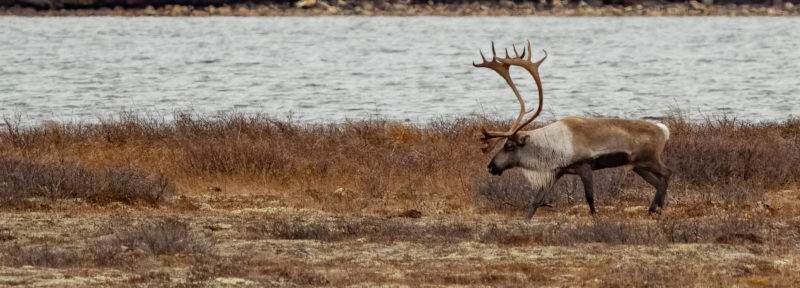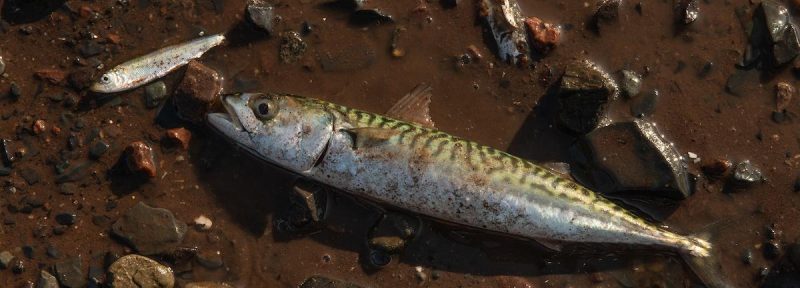International Fisheries Meeting Concludes with Important Wins for Sustainability
LIMASSOL, CYPRUS—The most recent meetings of the International Commission for the Conservation of Atlantic Tunas (ICCAT) concluded earlier this week with important wins for sustainable harvesting.
ICCAT is a regional fisheries management organization (RFMO) that covers much of the Atlantic Ocean’s international waters. Members of ICCAT, including Canada, work together to manage fisheries that target a variety of large pelagic species, including swordfish, tuna, and marlin.
Over 10 days of high-level international negotiations, the Canadian delegation was instrumental in securing the adoption of a management strategy evaluation (MSE) and a new management procedure for North Atlantic swordfish. MSEs are a tool managers can use to model the effects of different decisions, and management procedures are the set of rules that apply to the fishery. Together, these will help promote evidence-based, responsible harvest levels going forward. The commission also noted the efforts of Canadian scientists who worked on the MSE and singled them out for thanks.
Other measures that were adopted include additional climate change considerations that will encourage decision-makers to examine how the effects of climate change will impact fish populations covered in the ICCAT mandate. “It is very important for ICCAT and other RFMOs to acknowledge the impact of climate change on the ocean, including warmer, more acidic waters and other distinct changes that will have an impact on the conservation of species throughout the ecosystem,” says John Couture, Oceans North’s senior fisheries advisor, who attended ICCAT as part of the Canadian delegation.
Attendees also discussed how to improve fisheries monitoring. Participants agreed on further measures to protect the health and safety of at-sea observers, who are crucial to ensuring that fisheries are conducted sustainably. However, there was less discussion about existing and emerging technologies that could be used to improve fisheries monitoring even further. “As other countries begin to test and roll out electronic monitoring systems on tuna and swordfish, Canada should do the same,” Couture says. “We hope future meetings will present more opportunities to promote new standards for monitoring that can minimize bycatch and ensure these fisheries are sustainable for years to come.”
For more information, please contact:
Alex Tesar
Oceans North
[email protected]




